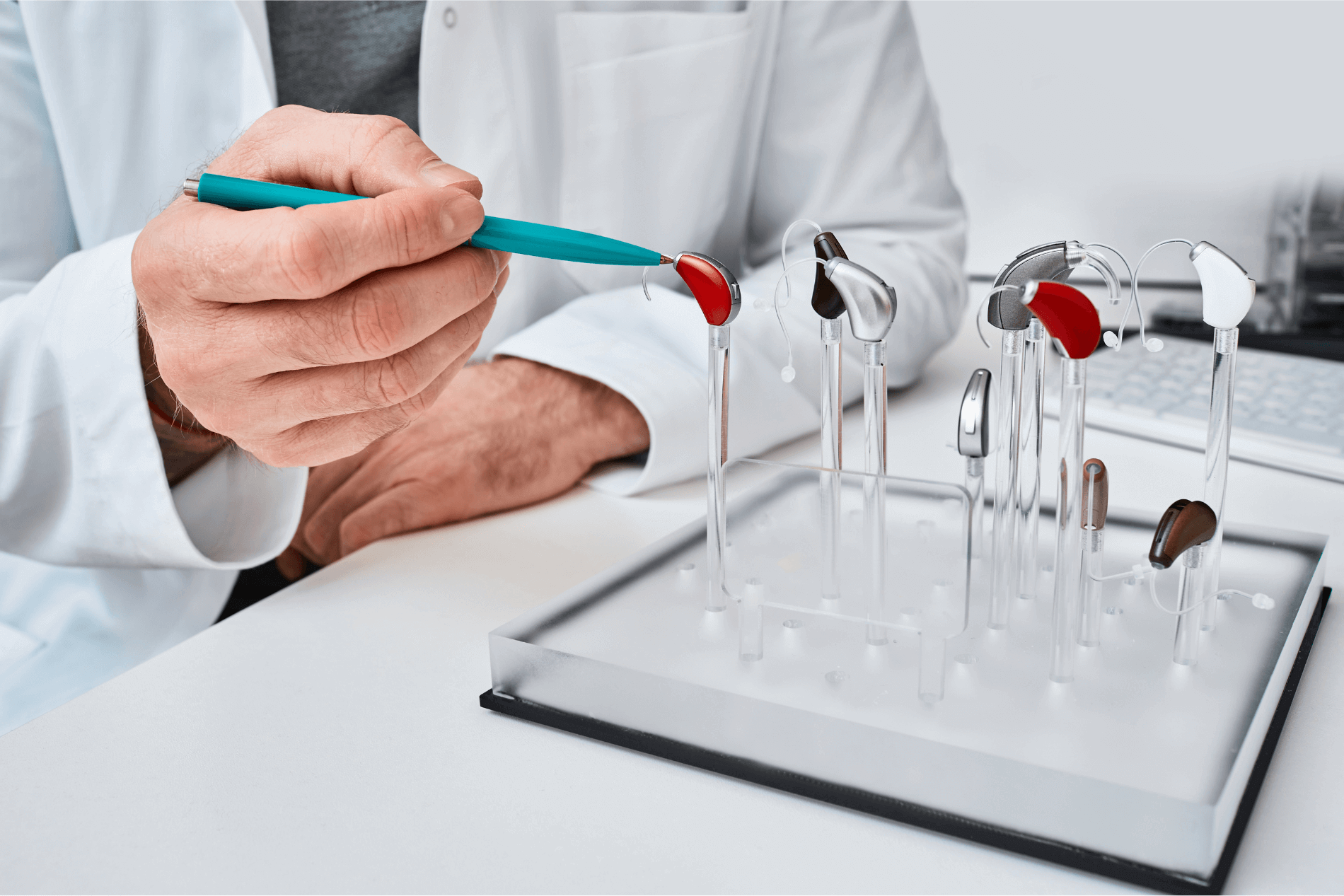
Close your eyes and say “Ommmmm.” Sounds like too much of a stretch? If you suffer from tinnitus, you know you’d do almost anything to stop the incessant ringing or buzzing you hear even when no sound is present. Meditation, a practice once reserved for monks and hippies, is now a fairly mainstream habit with proven success in alleviating the stress of tinnitus.
What is tinnitus?
Tinnitus currently has no cure, though therapies do exist to mitigate its effects. It is diagnosed as a perception of noise or ringing in the ears even when no external sound is present. It’s common enough, affecting about 1 in 5 people. Usually, tinnitus is associated with age-related hearing loss, injury or another disorder.
The experience of tinnitus is terrifically disruptive. At its mildest presentation, it’s an ever-present distraction. When the intensity increases, it can be seriously detrimental to mental and emotional health. Imagine the reality of never being able to achieve peace and quiet. Though a few treatments are available to treating tinnitus, nothing has been wholly successful in completely eliminating the negative effects.
Intervening with meditation
Meditation has proven to be such an effective treatment that the British Tinnitus Association recommends a Mindfulness for Tinnitus course. It’s a popular recommendation in the United States, too.
The objective in many meditations, particularly those with a root in Buddhism, is to embrace the present experience. This means wholly and with no judgement, the “good” and the “bad” that exist at any given moment. The primary vehicle for this is focusing on the breath or a mantra, while remaining still and allowing your senses to be open, but in more of an observer seat than of an active participant.
Why meditation might help
Learning to be observant and non-reactive takes practice, but when you can begin to create just the slightest opening between your experience and the desire to change or manipulate it, you can learn to grow that space more and more. Eventually, you build stamina in the art of bringing the mind back to the breath and allowing the judgmental thoughts to drift farther and farther away.
While meditation has traditionally focused on retraining the mind away from negative or overactive thoughts, sufferers of tinnitus can practice inserting space in between the tinnitus they are experience and the anxiety or emotions that it produces.
Supported by science
Recent research supports what many folks with tinnitus have already reported: meditation is helpful! In a study by Welsh doctors, 25 patients with tinnitus underwent treatment combining mindfulness meditation and Cognitive Behavioral Therapy. After half a year, a vast majority of patients (80%) reported a significant decline in tinnitus symptoms. Moreover, studies in the United States used Mindfulness-Based Tinnitus Stress Reduction treatment to successfully lower symptoms of anxiety, depression and sleep deprivation.
Try it for yourself
You don’t have to have tinnitus to try meditation. It can help ease any number of chronic conditions, including general stress. A powerful tenant of meditation holds that it isn’t the nuts and bolts of our situation that is the problem, but rather, it is our relationship to them that causes suffering. In short, it matters less what is happening and more what we feel about what is happening. A continued meditation practice allows us to have more control over the way we react to or view the “negatives” in our lives.
Go online and try out any number of different guided meditations that are available for free. One way is no better than any other, the best type of meditation to do is always the one that works best for you. There are also a whole host of apps available that charge a small monthly fee and deliver high quality mediations directly to your phone. This is a great way to dip a toe in the meditation game and experiment with what is right for you.
Schedule a hearing test
If you suspect you have tinnitus or hearing loss but have yet to seek treatment, first schedule an appointment for a quick hearing test with us at Hearing Aid Associates. Our team can give you a clear diagnosis and assist you in seeking out tools for intervention and map out your next steps.

What Is Sudden Hearing Loss and What Does it Mean?
Matthew Favinger, M.S., F-AAA

Having a Good Time at Weddings With Hearing Loss
Matthew Favinger, M.S., F-AAA

